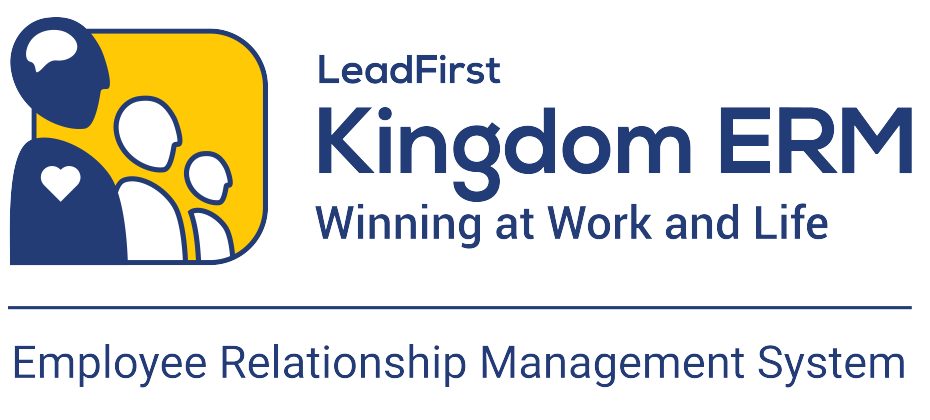The Difference Between Ownership and Stewardship
Stewarding On Behalf of Someone Else
Have you ever thought about, as a leader, whether you're trying to build into the people you're leading the principle of stewardship or the principle of ownership? What is the difference? Stewardship in the Bible is someone taking responsibility for something on behalf of someone else. That ‘something’ is owned by someone else.
The motive behind stewardship is rooted in the relationship with the owner. You are motivated to do what is right for the owner. And the definition of your responsibility comes from the owner. These are all good things to instill in other people and in yourself. That's why stewardship is referred to so frequently in the biblical view of leadership.
Ownership Involves an Internal Sense of Possession
But there is another view, which is ownership. And it's throughout scripture. One example is in the 10 commandments. They say, do not steal. Don't take something that belongs to someone else. Implied in that commandment is that the other person owns that ‘something’ you are taking it from them. They possess it.
You Must Own Something to Give it Away
Another illustration in scripture of the significance of ownership is ‘giving’. You cannot give something that you don't own. And so, you instill in people that ‘this is your property; you have the choice of what you do with it’. Giving is rooted in the idea of ownership, not stewardship.
Developing a Sense of Responsibility
When you are ‘building into’ the people in your organization and trying to lead people around a shared purpose, think about the difference between ownership and stewardship. For me, I want people to have a sense that this is their area —they own it. I'm giving them that ownership. If it isn't fulfilled, there's a sense of loss to them personally.
In the Bible is the story of Adam and Eve. The serpent tempted Eve to do something that was against God's will. And she yielded to it. She brought Adam into this process, told him about it, and he yielded to that same temptation. When God figured this all out and talked to them, Eve blamed the serpent and Adam blamed Eve. God was having none of it.
His statement to Adam is very revealing. He said, why did you listen to Eve instead of listening to me? That's the concept of ownership. ‘Adam, I put you in charge here and there's no excuse for not delivering what you own’
Build Ownership in Your Leaders
As you think about leadership and developing leadership in others, promote the idea of ownership, ‘no excuses, this is yours.’ You give them the freedom and the responsibility that goes with it.
Subscribe to the LeadFirst Briefing
Conquer Chaos in Your Business
- Order copies of Built to Beat Chaos for your team
- Lead your team through the Discussion Guide
- Set a vision for your business with the LeadFirst Purpose Workshop.


Kingdom ERM is the complete
Employee Relationship Management System that organizes employee care like CRMs organize customer care.
1219 West Main Cross
Suite 205
Findlay, Ohio 45840
LeadFirst | Site by Spearlance



